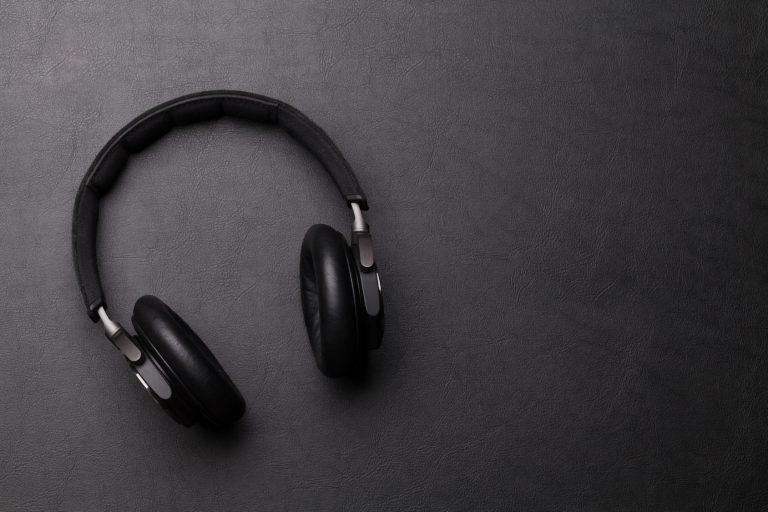
As very young children at school, our teachers tried hard to impress upon our young minds the importance of listening in the communication.
Most adults today can remember a song like this one, which was sung to the tune of Frere Jacques at the start of every school day:
Eyes are watching, ears are listening
Lips are closed, hands are still
Feet are very quiet
You should really try it
Listen well, listen well
In 2001 research was published that shows during normal communication in our daily lives, we spend 45% of our time listening compared to 30% speaking. (Adler R et.al.)
How we wish we had focused more carefully on that song
We heard it and we sang along with it, but we didn’t really listen. Only in later life did we learn that listening requires concentration, not only on the other person’s words but to their non-verbal signals too.
Active Listening is a communication technique
Listening properly is not a passive activity. It’s most commonly called ‘active listening’ although we prefer ‘aggressive listening’. This means fiercely suppressing the desire to interrupt, digress, switch the conversation to things that are important to you and not necessarily to the speaker, and dozens of other temptations that mark you down as a poor listener.
In business, just think about how important it is to practice aggressive listening. You may, in a typical week, communicate with several of the following: colleagues, your bosses, customers, suppliers, union officials, industry groups, the media, government departments, consultants, charities, job applicants – the list is almost infinite.
In face to face encounters, watch the other person’s body language. Do they fidget while speaking, do their eyes wander, do they bite or excessively lick their lips? These can all be signs of nervousness.
Be still and quiet apart from a word or a visual signal to indicate they should continue if they begin to falter.
Listen very carefully to their words but concentrate hard: is there something they’re keeping from you? Do they have a complaint or a problem they’re having difficulty in expressing?
Phrases like, …”I’m rather concerned that…I’m not sure if…it seems to me…I could be wrong but…my understanding was…are all attempts to downplay the importance of what they say next. So put your listening skills into overdrive.
Observe others just as closely when you’re talking
Do they lean slightly forward in their chair? This suggests they’re listening keenly and are interested in what you’re saying. If they’re leaning away from you or have arms or legs crossed, this suggests hostility, either to what you’re saying or how you’re saying it.
If they continually interrupt, you know they’re hearing without really listening. Invite them to speak. If they try to shift the direction of the discussion, gently shift it back again and continue making your point. If the interruptions continue, it may be necessary to say, “If you don’t mind giving me another two minutes, I’ll gladly hand the lead back to you,” or something similar.
When you practice aggressive listening, you learn to empathize more with other people and they can feel it. Their subtle movements and gestures of the face and body give you important information about how they’re feeling and you can moderate your behaviour and body language appropriately.
The ability to listen aggressively is one of the communication qualities of great leadership
If you attend a meeting led by a highly skilled CEO, notice they don’t do all the talking, but they do most of the listening. From time to time they’ll interject with a question or two. Usually a very pointed one.
Largely, they remain fairly quiet, observing not only the speaker but other listeners too. Listening to the words and seeking to understand the message behind them.
In his famous book, The Seven Habits of Highly Successful People, author Stephen Covey advised:
“Seek first to understand before being understood.”
Stephen Covey – author of The Seven Habits of Highly Successful People
Listen well, listen well.
If you liked, then please subscribe to our YouTube Channel for video content. You can also find us on Twitter, Facebook, Instagram and Linkedin.




